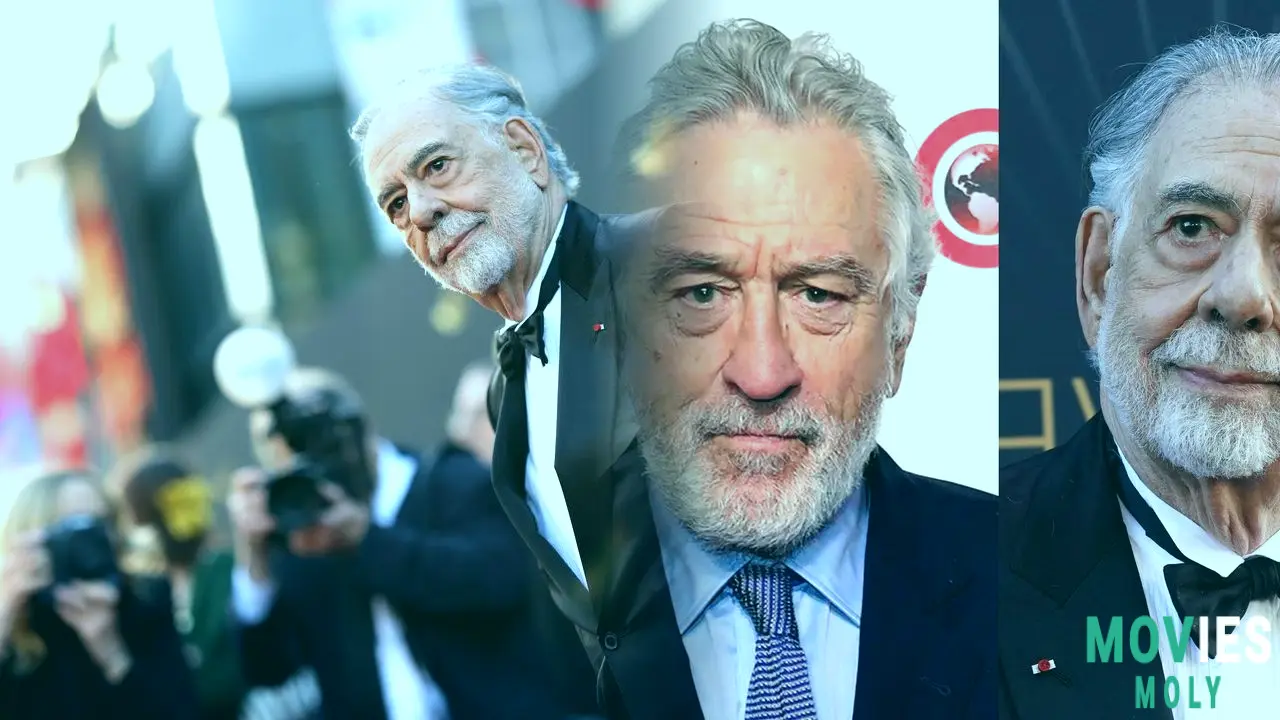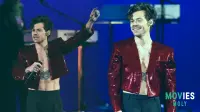When Francis Ford Coppola took the stage at the Dolby Theatre on April 26, 2025, to accept the American Film Institute’s 50th Lifetime Achievement Award, he wasn’t just receiving another trophy for his mantle. He was stepping into a full-circle moment — a homecoming to the very industry and community he helped revolutionize more than half a century ago. And for one night, Hollywood wasn’t chasing trends or box office numbers. It was simply honoring a man who gave the medium of film its soul.
The Godfather of Modern Filmmaking Was Celebrated By a Hall of Fame CastFew ceremonies in recent memory have gathered such a generational cross-section of cinema legends, and few honorees have earned it like Coppola. The guest list read like an all-time Avengers lineup of film: Al Pacino, Robert De Niro, Harrison Ford, Morgan Freeman, Spike Lee, Diane Lane, Ralph Macchio — all there to pay tribute. Even Coppola’s own bloodline was represented, with Gia and Roman Coppola in attendance, though Sofia made her mark in the most modern way possible — via a playful, behind-the-scenes video woven into the evening’s program.
It wasn’t just who showed up, but what they said. And how they said it. When Steven Spielberg called The Godfather “the greatest American film ever made,” it wasn’t flattery. It was fact. When George Lucas, Coppola’s longtime ally and co-founder of American Zoetrope, spoke of breaking the system with “no rules,” he credited Coppola as the man “holding the pen.” These weren’t just eulogies — they were acknowledgments from film’s most influential architects that Coppola isn’t just part of the canon; he built it.
More Than a Director — Coppola Was a Mentor, a Maverick, and a Magician
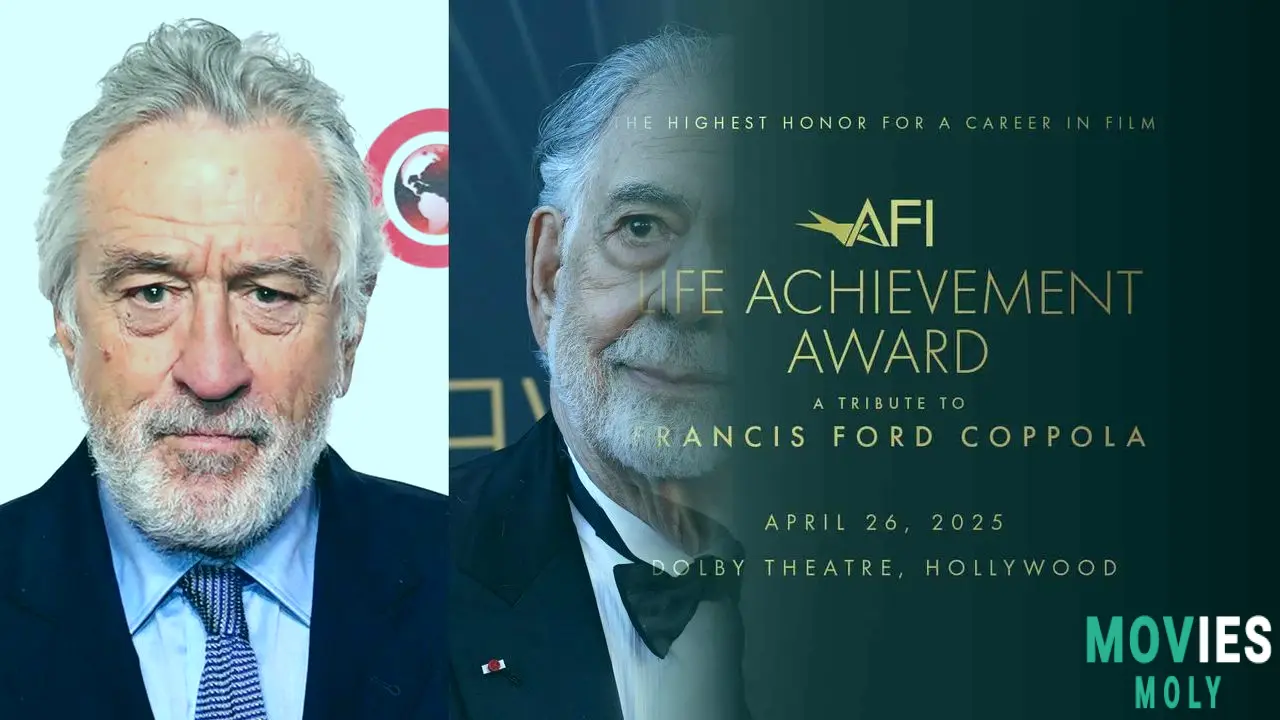
Lucas once said that Coppola gathered a group of young filmmakers and created an era. That group included him, Spielberg, and others who now define Hollywood’s golden age. But Coppola’s impact wasn’t limited to directors. It extended to actors. Harrison Ford’s emotional recollection of how he met Lucas while working in Coppola’s studio — “covered in sawdust, wearing my tool belt, sweeping the floor” — is a perfect microcosm of Coppola’s eye for potential and his instinct to nurture it. Ford wasn’t just rescued from carpentry; he was given a cinematic family to belong to.
Al Pacino jokingly admitted he came close to being fired on The Godfather set, and De Niro humorously thanked Coppola for not casting him in the original so he could play Father to Pacino in the sequel. These anecdotes underscore a deeper truth: Coppola didn’t just cast actors. He cultivated them. And he fought — often fiercely — to protect them and his vision, even when it meant risking his own career. As Pacino put it, “Francis fought for us all the time.”
Adam Driver’s “Be Brave” Moment Captures Coppola’s Unwavering Artistic Vision
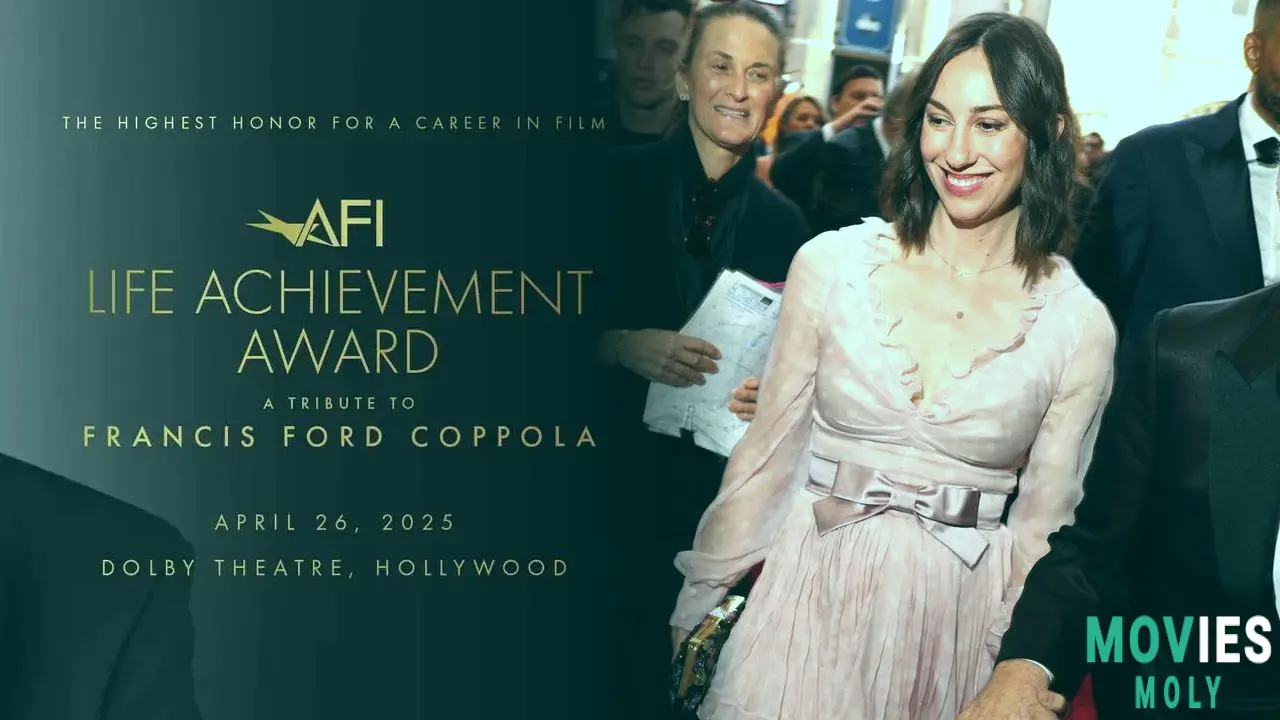
Perhaps the most poignant testament to Coppola’s enduring spirit came from Adam Driver, who starred in Coppola’s self-financed, $120 million magnum opus Megalopolis. Driver recalled one of his last day’s instructions from Coppola: “We’re not being brave enough.” It wasn’t just direction — it was a dare. A challenge from a man who, despite being 86, refuses to anchor his creativity to commercial success or audience approval.
In an industry increasingly obsessed with profitability, where a film’s worth is measured in opening weekend numbers, Coppola’s Megalopolis stands as a monument to artistic conviction. He paid for it himself. He made it because he had to. And as Driver said, “I hang on to people like Francis for inspiration.”
An Evening Filled With Symbolism: Wine, Cannolis, and a Return to Cinema’s Roots
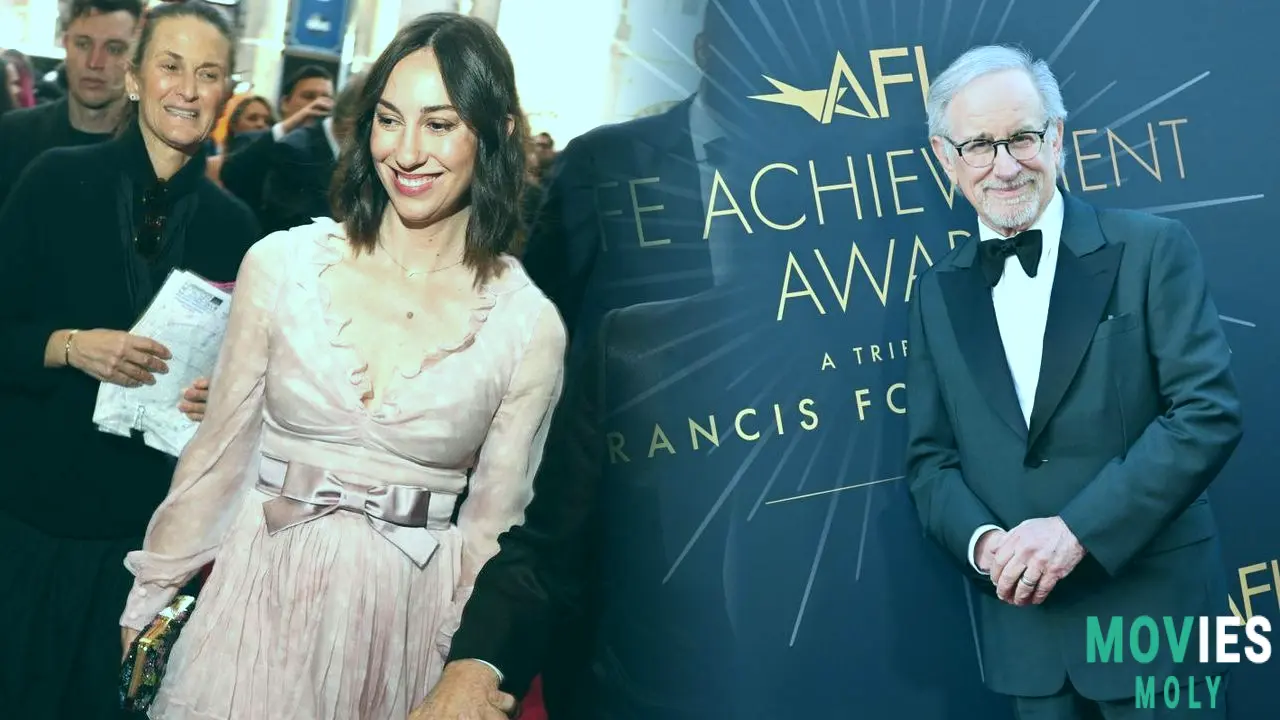
The details of the night added layers of warmth and symbolism to the celebration. Guests sipped on wine from Coppola’s own winery — a deliciously fitting tribute to a man who has long blended passion with profession. After dinner, a trio of cannolis was served, a sweet nod to Coppola’s Italian heritage and the flavorful richness of his films.
There was a sense throughout the evening that this wasn’t just about past glories like Apocalypse Now, The Godfather trilogy, or The Conversation. It was about legacy. About courage. About a filmmaker who didn’t just make movies, but created a community of artists — and gave them permission to dream, rebel, and invent.
Coppola’s Acceptance Speech Turned the Night Into a Poetic Homecoming
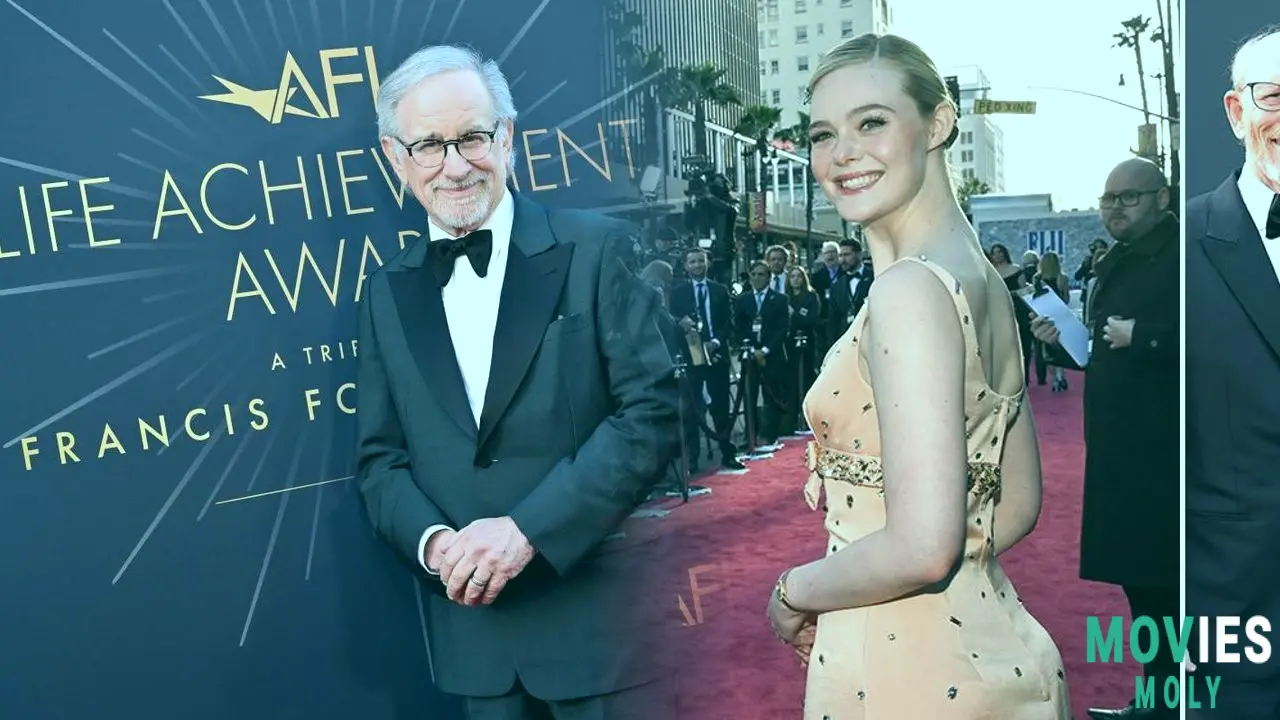
When Coppola finally spoke, his words were simple, allegorical, and deeply moving. He described Hollywood as “the old neighborhood where I grew up,” a place that’s “so familiar and yet, it’s all changed.” But in that moment, with all his colleagues and family around him, he wasn’t an icon. He was one of them. “I am, and will always be, nothing more than one of you,” he said. And just like that, he reminded everyone that true greatness isn’t about standing above the crowd — it’s about growing with it.
Francis Ford Coppola may have been Hollywood’s most daring auteur in the ’70s, but last night, he was its most timeless soul. And that, perhaps, is the most powerful role of all.

